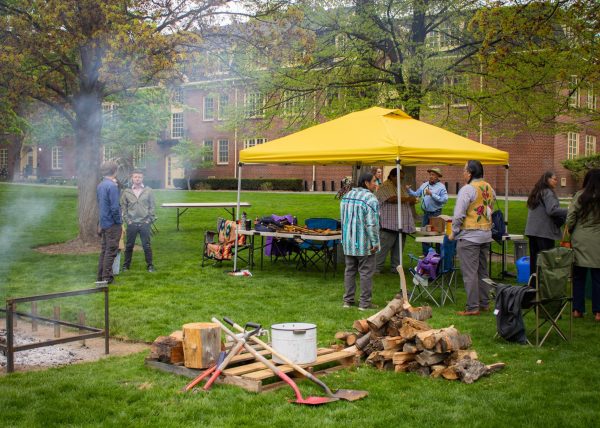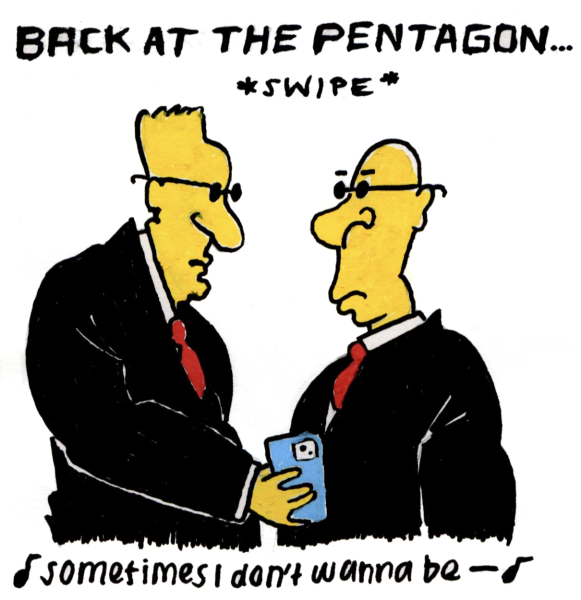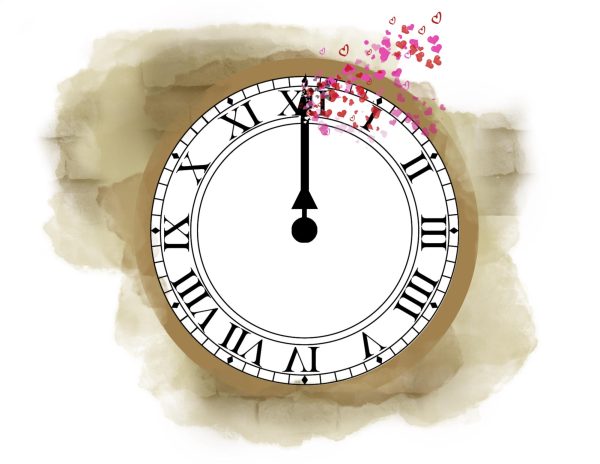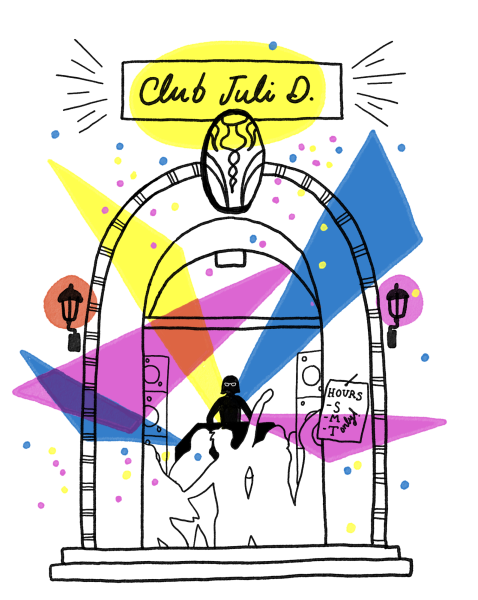OP-ED: The failure of Whitman’s COVID-19 policies
April 28, 2022
Whitman, a college that prides itself on diversity and inclusion, has left immunocompromised people behind in its zealous search for a post-COVID-19 school year. We have all suffered as a result.
For those of you who don’t read Whitman Today, you may have missed the fact that as of April 25 9:55 a.m., Whitman has a 3.20 percent positivity rate and 74 active cases. This, of course, comes on the heels of a repealed mask mandate and many ‘outsiders’ (those who aren’t part of the established Whitman bacterial pool) visiting campus.
I’m just an average armchair epidemiologist, same as everyone else living through a pandemic marked by an incredibly incompetent administrative response—not just at Whitman, but across the country—but I think it’s no coincidence that the moment we all stopped wearing masks there was an immense uptick in cases. Considering the big picture, a positivity rate of almost 12 percent for the entire spring 2022 semester, with a total of 162 cases (74 of which are currently active), it’s no wonder that student life is beginning to be heavily disrupted by this disaster. So much for a return to normal.
From my perspective, the college has made a number of errors in their recent changes to campus-wide COVID-19 policies. I have created a non-exhaustive list of these errors below:
We begin the spring semester with KN95s or N95s required everywhere. A negative test and booster shot were required to return back to campus, leading to a campus-wide booster rate of 95 percent.
On March 2, 2022, President Murray announced that, following Governor Inslee’s ending of the statewide mask mandate, Whitman would make masks optional beginning March 12, 2022 and also lift gathering restrictions. Around the same time, the BA2 subvariant, a vaccine resistant strain, began to spread around the country.
On April 4, 2022, Peter Harvey sent out an email alerting the community of 10 new cases. He mentioned the BA2 subvariant, but did not suggest reinstating the mask mandate.
While cases are rising, the college still relies on rapid antigen testing. This is fine for symptomatic people–or people with a high viral load (asymptomatic cases do happen!); however, there’s a problem here that has not readily been acknowledged by Whitman. According to the Providence healthcare website, days one to 10 after exposure–when you may not have symptoms–are also days during which you are contagious. Within this time period, you may start showing symptoms, in which case you are still contagious and will presumably test positive. According to WebMD, researchers estimate that “people who get infected with COVID-19 can spread it to others 2-3 days before symptoms start and are most contagious 1-2 days before they feel sick.”
Furthermore, the Center for Disease Control and Prevention’s website states that “the antigen level in specimens collected either before symptom onset, or late in the course of infection, may be below the tests’ limit of detection, resulting in a false negative antigen test result.” Meaning that there is a period of time where one may be infectious and receive a negative test result. When we were all wearing N95s in class, this was less of an issue. But now that we are all swapping air and germs, COVID-19 has spread like wildfire.
The result of these policies? Disabled students are at high risk of contracting an illness, and they may feel the need to opt-out of in-person class—thus missing out on a massive component of their liberal arts education. Students who get infected are quarantined and experience a massive disruption in their schedules during finals season. Students who have been exposed to COVID-19 are met with an immense lack of support from the administration; they are merely handed a rapid test (that may return a false negative!) and told to continue attending classes until they test positive.
Having an education impacted so severely by COVID-19 is awful. Attending Zoom University isn’t fun for anyone. Seniors deserve an in-person graduation. But it bears repeating that this wouldn’t have gotten so out of hand if the administration had left the mask mandate in place.
There is no shame in having contracted COVID-19. It’s a disease, and it doesn’t care who the host is. But there is shame in having created an environment in which students are falling ill unnecessarily.
In short, Whitman students, do not blame each other, blame your administrators. They have failed us all.








